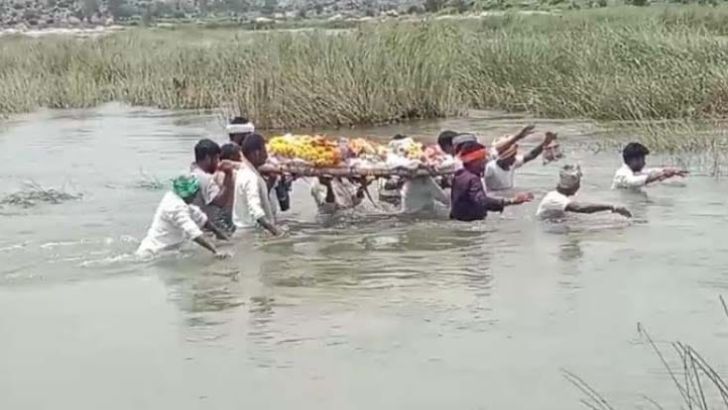‘Want to join civil services, take sanyaas for two years': Mohammad Mohsin
In an interview to Salar News, Mohsin dives into his journey of bureaucracy, politics, controversies and his personal life.
-
Mohammad Mohsin, principal secretary in the department of medical education, Karnataka government
Mohammad
Mohsin, principal secretary in the department of medical
education, Karnataka government, is not just a bureaucrat but also a
news maker for initiatives taken in his various postings. A forthright and rule
book officer of 1996 batch Karnataka cadre, Mohsin had to face the
ire of the Election Commission, when he was posted as general observer in
Sambalpur in Odisha during the 2019 Lok Sabha polls. He got into
trouble for ordering the inspection of Prime Minister Narendra Modi's
helicopter which led to his suspension. The Election Commission rules
exempt Special Protection Group protectees from checkings. Mohsin challenged
his suspension, which was revoked by the Central Administrative Tribunal. In an
interview to Salar News, Mohsin dives into his journey of bureaucracy,
politics, controversies and his personal life.
1. How
will the state government implement its decision to cancel the will or
property deeds of children who abandon their parents by admitting them in
hospitals as this will involve coordination of various departments?
The
issue of children leaving their parents in hospitals as they will get
shelter and food came to our notice when we reviewed the functioning of
the Belagavi Medical Institute of Research. There were 27
people though the Institute's director had taken steps to contact
the children and send the parents to them. But it was recurring and we had to
take some steps to avoid it. Though the nurses there are taking care of
them, a 24/7 care is not possible. Moreso, those beds will be occupied by
the parents. We have spoken to some NGOS and the women and child welfare
department to accommodate them but they are finding it difficult. Hence,
we decided to take action to make it a rule of cancelling the will
or property deeds and file cases.The Maintenance and Welfare of
Parents and Senior Citizens Act, 2007, empowers us to take action
suo motu.
2. While
the issue of raising the retirement age of government
employees is a debatable one, the government is considering
increasing the superannuation of specialists from 60 years to 65 years. Will
the move not lead to delay and denial of opportunities for the young
doctors?
We are talking
of raising the retirement age of doctors who are in specialised services.
In government hospitals, we have a shortage of doctors in the fields of
cardiology, urology, oncology and nephrology. We cannot match the salary
structure of the private hospitals. Therefore specialists who are
working with us will feel secure if the retirement age is raised. If a
senior staff member retires at the age of 60 years, we won't have faculty. It
is not that the retirement age of every general doctor will be
raised.
3. New
medical colleges have been started by the state government in the last couple
of years in Chitradurga, Gadag, Kodagu, Raichur and Tumakuru with
the nomenclature of them being research institutes. What research
has been happening in these colleges?
The
government has invested a lot of money in these new medical colleges and a
sum of Rs 500 crore is required for starting a college. Since these
medical colleges have specialists, we can do a lot of research. For
instance, collaborations can be done with the Sri Jayadeva Institute of
Cardiovascular Science or Indian Council of Medical Research or the Dharwad
Institute of Mental Health Neurosciences with Nimhans. A lot of clinical
trials keep happening and the quality of doctors will improve.
4. How
does the government plan to handle the complaints against district
health officers of their laidback style of functioning?
In
some district hospitals which come under the medical education
department, we supervise them. But in certain district hospitals there are
problems. Recently, I visited Bagalkot district hospital and I found certain
deficiencies. It had no district surgeon.
5. What
were the findings of the audit report done in the wake of 348 maternal
deaths in government hospitals in 2024?
The government
constituted committee visited hospitals in Ballari. There was a
quality issue with the company supplying IV fluids Ringer's Lactate in
West Bengal. The company has been blacklisted and a case filed against
them.
6. What
safety measures has the medical education department drawn up after the
rape and murder incident of a woman doctor trainee in RG Kar Medical
College and Hospital in Kolkota?
After the
Kolkata incident, we have made provisions of separate
restrooms for women. If the female doctors or interns are
staying overnight, rooms should be given. Vehicles to drop them home
and CCTV cameras with control rooms are functioning round
the clock. We have kept Pink Boxes for anybody to drop complaints. Shortly,
Chief Minister Siddaramaiah will be releasing the Violet book for medical
colleges to follow the standard operating procedure (SOP), on what or
how to handle if anything happens.
7.In your
29 years of service as an IAS officer in charge of revenue, labour, backward
classes and now medical education, which has been the most
challenging post?
Each post
is different and each has its own challenges. As Gadag's deputy
commissioner there were heavy rains and floods. Some labourers were
marooned. I had to call for helicopters to rescue and also drop food to
the marooned people as Gadag had never seen such flash floods. In medical
education a lot of firefighting is there, while in the labour department we have
to interact with the industries and the labour force. Their opinions
differ and we have to work as an umpire.
8. Sometimes
bureaucrats posted in districts endear themselves to the people there with
their work. You became popular when posted as Vijayapura's deputy
commissioner. What work did you take up there?
I worked
in Vijapura in two capacities as the CEO of the zilla panchayat and deputy
commissioner. I have not done anything special, but one practice I introduced
was that anybody could come and meet me. I used to regularly travel across
the district and interact with the people. The public had the comfort that
there was someone to hear them. As deputy commissioner, I embarked on the
encroachment and city beautification drive. Also Vijayapura is a
city which has a lot of monuments after Jaipur. Beautifying the city will
bring tourists and Vijapura is one place where there are still tongas.
9.While
most bureaucrats remain extremely cautious to not come across as
anti-government on social media, your tweets and retweets have been
rather anti-establishment. In May 2020, the Karnataka government issued a
show-cause notice to you for questioning the media for not highlighting the
services of the Tablighi Jamaat members for donating plasma for treatment of
Covid patients when you said: ``they will not show the humanity work done by
these persons.''
I
personally feel negative news sells in the media. Why doesn't the
media highlight the positive side as we have to bring positive vibes in the
society. That was the reason I questioned the media. I will not say my
questioning was anti establishment. I explained to the state government
and it accepted my explanation.
10.Six
years down the line, do you stand by your decision that subjecting
Prime Minister Narendra Modi's helicopter for an inspection in
Sambalpur in Odisha during the 2019 Lok Sabha polls was the right step
for which you had to face the ire of the Election Commission in the form of
suspension?
We have
to follow the rules and whatever I did, it was as per rules. Till today nobody
has questioned me and in recent elections we have seen a lot of
VVIPS helicopters were checked. Everybody has justified saying
rules were followed. Whatever I did was as per rules and I stand by it. I
have never violated rules and I never will because I have taken an
oath on the Constitution. I will follow the rules wherever I am posted
whether it's a short or long term posting. I have no
regrets for doing it.
11. What
got you interested in joining the civil services?
It's an interesting story. My father was a businessman but I did not want to join his business and was interested in civil services. I have done M.Com from Patna university. I was preparing for the civil services in Patna, but I was not doing justice and came to New Delhi, where I joined the Hamdard Study circle in 1994. It was a dream run for me and I was there in the Circle for six months when I applied for the IAS prelims. I did not qualify and the Circle has rules that you go out of the coaching institute. I decided not to go back home, stayed in New Delhi. After two months, another list of those who had qualified in the prelims was announced and my name was there. I went back to the Circle and prepared for the Mains. Luck and stars were aligned, I qualified. In the second year, I qualified in all exams, passed the IAS and was allotted the Karnataka cadre. Within two years from scratch, I was able to qualify as I am an average student scoring 63% or 65 %. My advice to all those aspiring to join the civil services is for two years, you have to take a sanyas and there is nothing that can stop you except yourself!
Watch the interview on Salar Youtube channel @dailysalardigital
Link: https://www.youtube.com/embed/a0zibzMvBrY?si=dH3vB7rjTE1IH_Yq
Leave a Reply
Your email address will not be published. Required fields are marked *








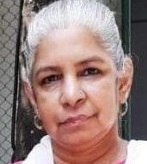
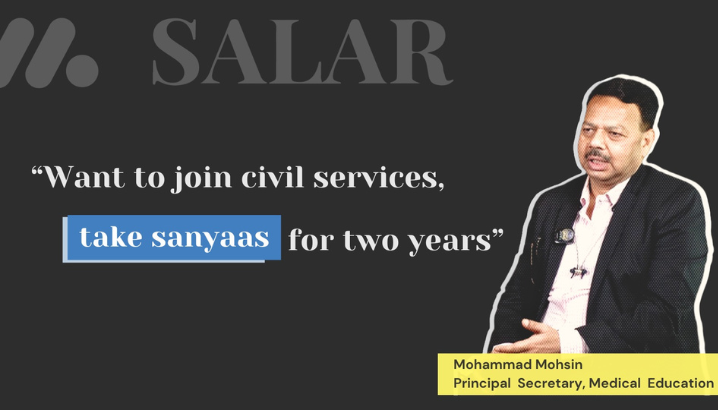

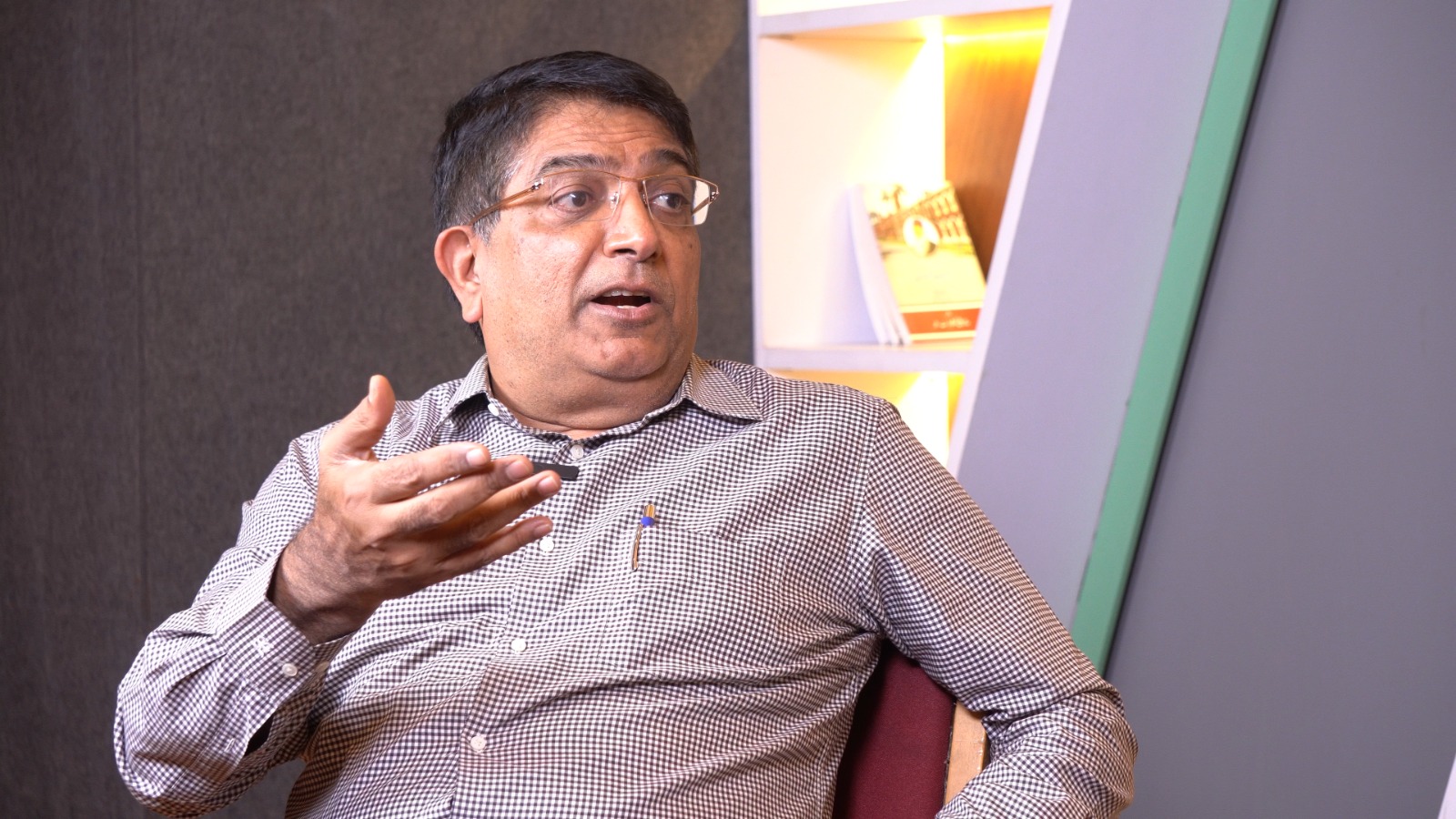
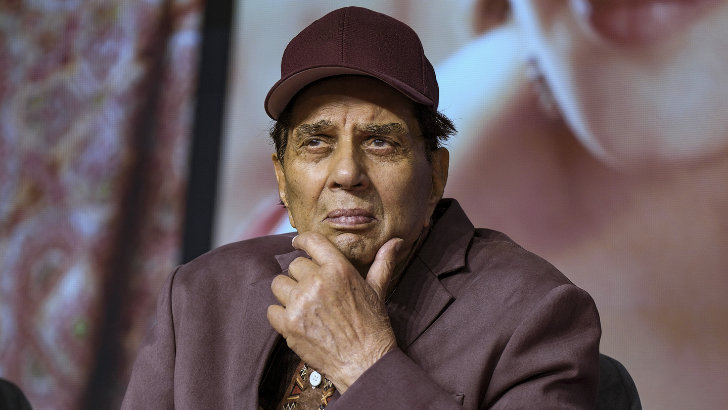
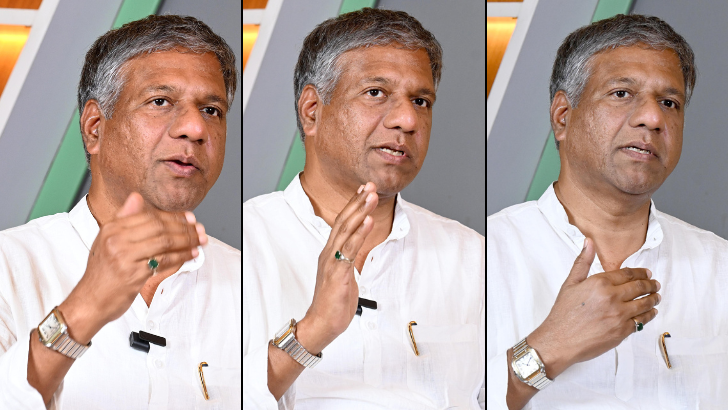
.png)
.png)
.png)
.png)
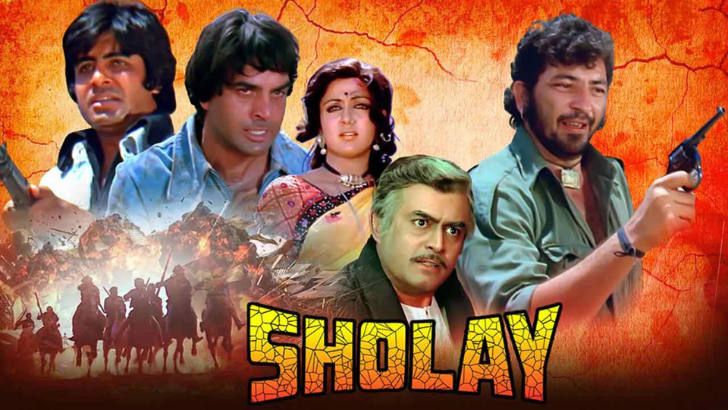
.jpg)
